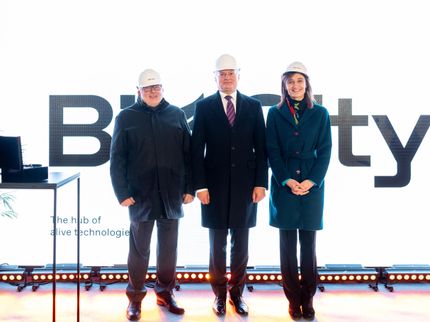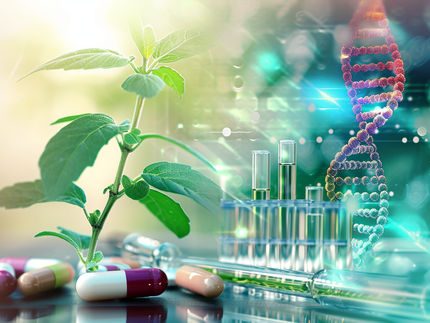BIOTECH AUSTRIA calls for better framework conditions for the biotechnology sector of the future
Proposals provide impetus for research, infrastructure and investments in Austria
Advertisement
BIOTECH AUSTRIA, the interest group of the Austrian biotechnology industry, is calling for an improvement in the economic framework conditions by presenting a package of measures for the years 2025-2027. The aim is to substantially improve the conditions for capital, infrastructure and research in biotechnology and to transform Austria into a center for biotechnology innovation and competitiveness.
Biotechnology not only plays a central role in overcoming global challenges in the areas of health, nutrition, energy and the environment, but also offers great economic potential. With over 1,000 companies, 60,000 highly qualified jobs and a 7% share of GDP, the sector is a mainstay of the Austrian economy.
Members of a strategy task force, represented by several biotechnology companies and industry stakeholders, have therefore developed a package of measures to focus on the needs and potential.
The package of measures comprises several main strategies:
-
Facilitating biotech investments: The biotechnology sector offers an attractive opportunity to diversify investment portfolios and hedge against economic fluctuations. The creation of a legal framework similar to that in France, the UK and the USA, for example, which also allows such investments for insurance companies and institutional investors, would be a first step towards making more capital available for the biotechnology sector in Austria. Private pension insurance companies offer great potential for investment and should be allowed to invest up to 5% of their assets in innovative, unlisted companies.
Create tax incentives for equity investments in biotech and high-tech companies: In order to increase the volume and number of equity investments, tax incentives should be further developed. Proven approaches from abroad should be adapted, e.g. in the USA, where investments in start-ups are exempt from capital gains tax after a holding period of up to 100%.
Improving infrastructure: The availability of modern, flexible and affordable laboratory space, adapted to the dynamic growth of biotech start-ups and scale-ups, is a decisive factor for the competitiveness of the industry. The package of measures calls for close cooperation between location agencies, landlords and biotech companies in order to meet short-term demand for high-quality infrastructure.
Other demands in the package of measures include the optimization of FlexCo legislation, the improved translation of basic research into entrepreneurial research and the strengthening of research funding in the life sciences sector.
Peter Llewellyn-Davies, President of BIOTECH AUSTRIA, explained: "Biotechnology is one of the fastest developing industries of the future and a key driver of innovation, jobs and value creation in Austria. With annual R&D expenditure of 1.27 billion euros and the fact that half of all new medicines are the result of biotechnological innovations, the industry's potential for value creation is enormous. Through targeted investment and consistent promotion of the industry, Austria can make a decisive contribution to solving global challenges - and at the same time benefit as a business location. However, in order to fully exploit this potential, targeted measures are required, which must be resolutely supported by politicians."
Since it was founded in 2020, BIOTECH AUSTRIA has been working to improve the framework conditions for the Austrian biotechnology industry. With the proposed measures for the years 2025 to 2027, BIOTECH AUSTRIA is providing clear impetus to promote innovation and sustainably increase the competitiveness of Austrian biotechnology.
Note: This article has been translated using a computer system without human intervention. LUMITOS offers these automatic translations to present a wider range of current news. Since this article has been translated with automatic translation, it is possible that it contains errors in vocabulary, syntax or grammar. The original article in German can be found here.































































